Coronavirus: How hard Melbourne’s market will be hit
Widespread fears about coronavirus are already having implications for real estate. Here’s what the experts have to say about how the market will be impacted.
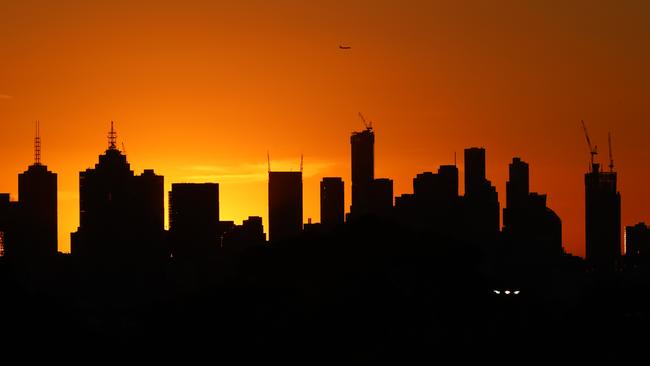
As fears about the COVID-19 pandemic continue to plague the world, questions about the impact on the local property market are being raised.
Amid the rapid-changing conditions, we asked the experts just how hard the coronavirus outbreak could hit Melbourne real estate.
RELATED: Call for ban on tenant evictions in Victoria amid coronavirus crisis
Melbourne auctions: Big crowds as coronavirus claims major events
Eastern suburbs auctions resilient early amid COVID-19 fears
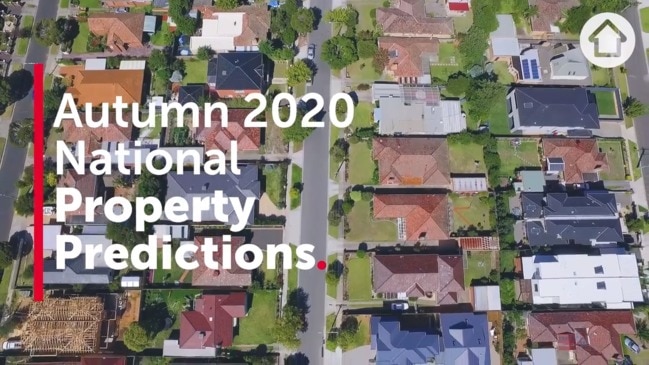
THE PEAK BODY
Real Estate Institute of Victoria chief executive Gil King said the property sector would “surge on” despite alterations to auctions and open for inspections.
“The Victorian real estate industry is not immune to this global crisis and is strictly following the recommended guidelines to ensure that open house inspections and auctions can continue safely,” Mr King said.
“Hand sanitiser, antibacterial wipes, rubber gloves and spray disinfectants will be on hand at all upcoming home inspections and auctions across the state.
“Being able to see a home in person is an exciting and vital process in purchasing a property … each agency is running under their own set of guidelines, with some having elected to enforce a no handshake policy, while others are limiting inspections to one family at a time.
“The Victorian real estate sector is a flexible, innovative and resourceful industry capable of dealing with any problem.”
Mr King said a would-be buyer who felt unwell should contact the selling agent and make arrangements to bid over the phone.
“With many international buyers grounded overseas, thousands of business and real estate transactions have taken place over the phone, email or by video call,” he said.
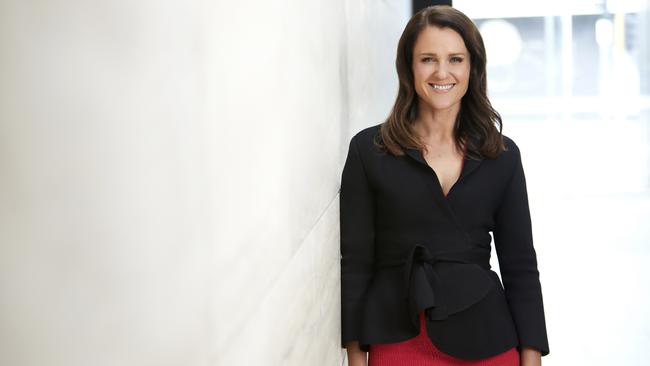
THE ECONOMIST
Realestate.com.au chief economist Nerida Conisbee said property listings were likely to take a hit.
“While the sharemarket gives us a real-time perspective about how skittish people are feeling at the moment, it is harder to get a clear idea as to how the uncertainty and fear about coronavirus is hitting property,” she said.
“People are more hesitant to buy when conditions are so uncertain – we can certainly see this with search activity.” But she said if listing numbers also fell, because vendors too were uncertain about the future, price falls would be curtailed.
Ms Conisbee said real estate was considered a safer option than shares, making property a more attractive investment as the stock market tanked.
However, she expected buyers to hold back on making a property move until conditions settled.
“If we head towards recession then conditions will deteriorate more quickly,” she warned.
“For property, it is more about the unemployment rate – if we see a rapid rise in unemployment then this could also lead to big drops in pricing and a rise in distressed listings.”
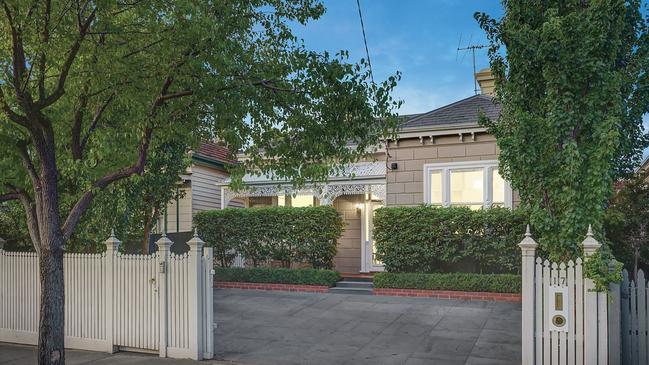
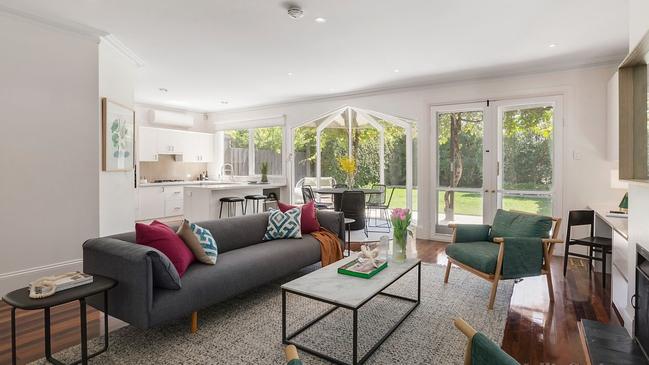
THE MORTGAGE SPECIALIST
Mario Borg Strategic Finance principal and director Mario Borg said those with a long-term mindset could weather the storm well.
“Unlike the stock market, property is a much longer process to transact and therefore the kneejerk reaction which comes with buying and selling shares doesn’t apply to property,” he said.
“Furthermore, property is a human need: it’s a roof over someone’s head. The main factor that impacts the value of a property is supply and demand.”
Mr Borg said population growth, historically low interest rates, incentives for first-home buyers, low housing supply and Australia’s “love affair” with real estate would help the market emerge relatively unscathed.
“Just two months ago, Australia witnessed the worst bushfires in history, which was devastating on every level,” he said. “Today, the coronavirus is the X-factor, resulting in increased fear and irrational behaviour by many investors, and by those contemplating their next financial move. But I am confident in saying that our property markets will remain a robust asset.”
THE BUYERS’ ADVOCATE
Property Mavens chief executive Miriam Sandkuhler said the coronavirus shouldn’t scare people off investing in property.
“Often at the outset of a panic, people think that property will be impacted too, which happened at the onset of the global financial crisis,” she said. “Yet property proved much more resilient and rebounded faster and stronger.”
Ms Sandkuhler said banks might pull back lending to businesses, which was an opening for homebuyers.
“To maintain their market share, banks are likely to maintain or even increase lending to homebuyers and property investors, as this is a more stable business for them,” she said.
For pre-approved buyers, now was the right time to buy, Ms Sandkuhler said.
“Many willing buyers with pre-approved loans will move ahead, seeing it as a case of use your finance now or risk losing it,” she said.

THE VENDORS’ ADVOCATE
Advantage Property Consulting director Frank Valentic said some sellers had already been scared off putting their home on the market, but there was little need to worry.
Mr Valentic said the global financial crisis, SARS and the September 11 attacks had all taken a toll on the property market, but price growth in the past 20 years still far outweighed the short-term downturns experienced during those events.
“Look at what property has gone through in the past 20 years and it has still come out on top,” he said.
“Bricks and mortar is the safest investment. If you have a long-term view, property is never going to be an issue.”
Mr Valentic said the biggest change might be seen in the investor segment, with the sharemarket drop leading investors to property instead.
“The property market seems to have opposite cycles to the share market — if the share market is crashing, the property market seems to boom, as investors have to put their money into some form of investment,” he said. “But owner occupiers are going to still be the dominant force in the market.”
THE AUCTIONEER
EYS Auctions director Fabian Sanelli said there was still “a lot of ferocity from buyers” despite virus concerns.
“From what I’m seeing at the moment, I haven’t seen too much difference in the way the market is responding to auctions,” Mr Sanelli said. “There’s a sense of eeriness at the open homes now, because everyone’s looking at each other and I’ve found that really interesting — I don’t know if it's a sign of things to come.”
Mr Sanelli said it would be “naive” to assume coronavirus would not take a toll on the property market.
“The reality is house prices generally get affected if there’s an oversupply of stock or a shortage of buyers — we’re going to have a shortage of buyers if this thing escalates,” he said.
He said with the market showing early resilience and vendors remaining optimistic, it would be “business as usual until there’s an isolation phase”.
— with Jack Boronovskis
MORE: Tri-level Berwick house shines bright on Wintersun Rd
Shane Warne: Cricket legend lists Brighton home with basement bar
Armadale transformation: from ‘ugly duckling’ to showstopper
Originally published as Coronavirus: How hard Melbourne’s market will be hit
